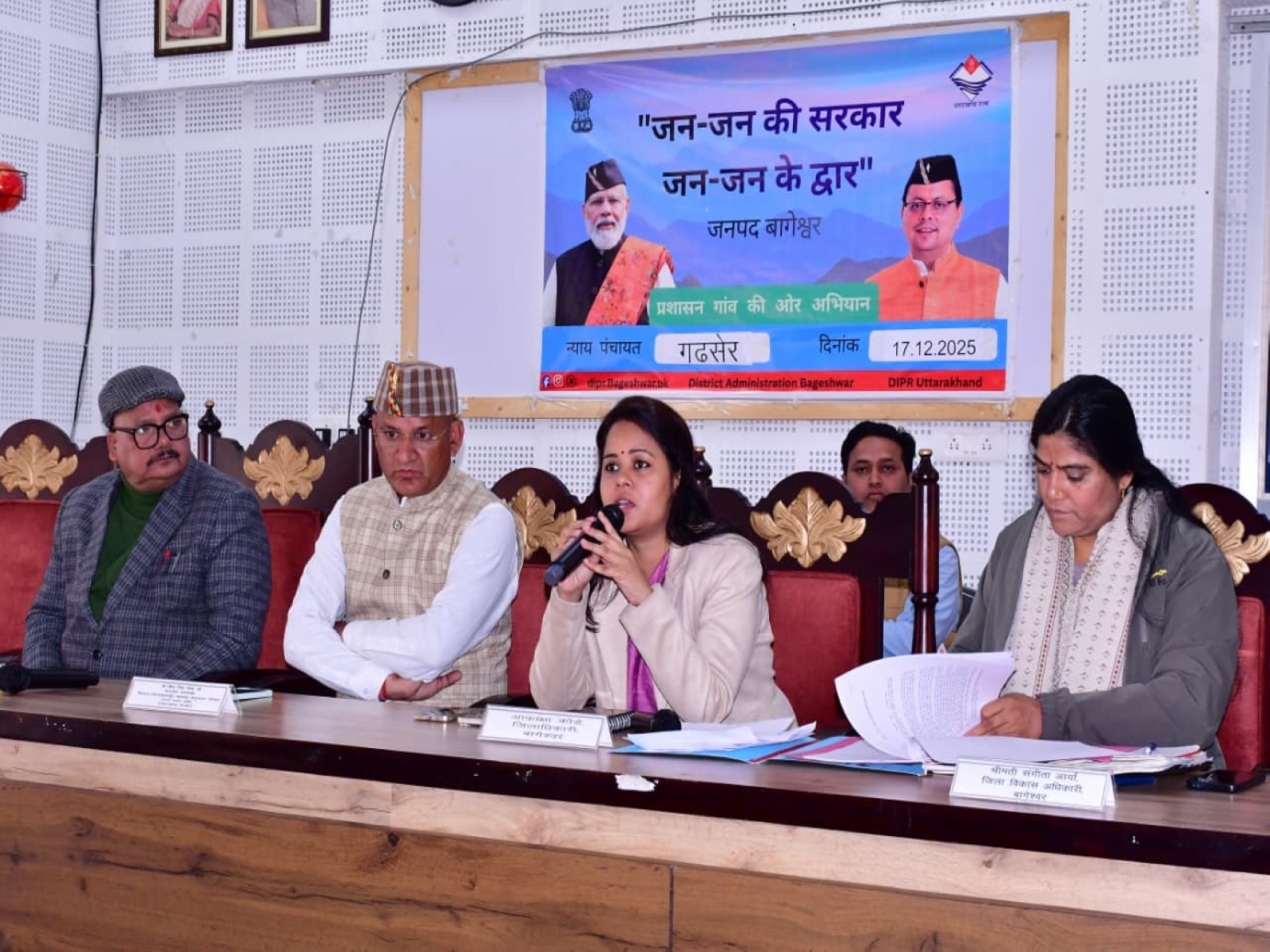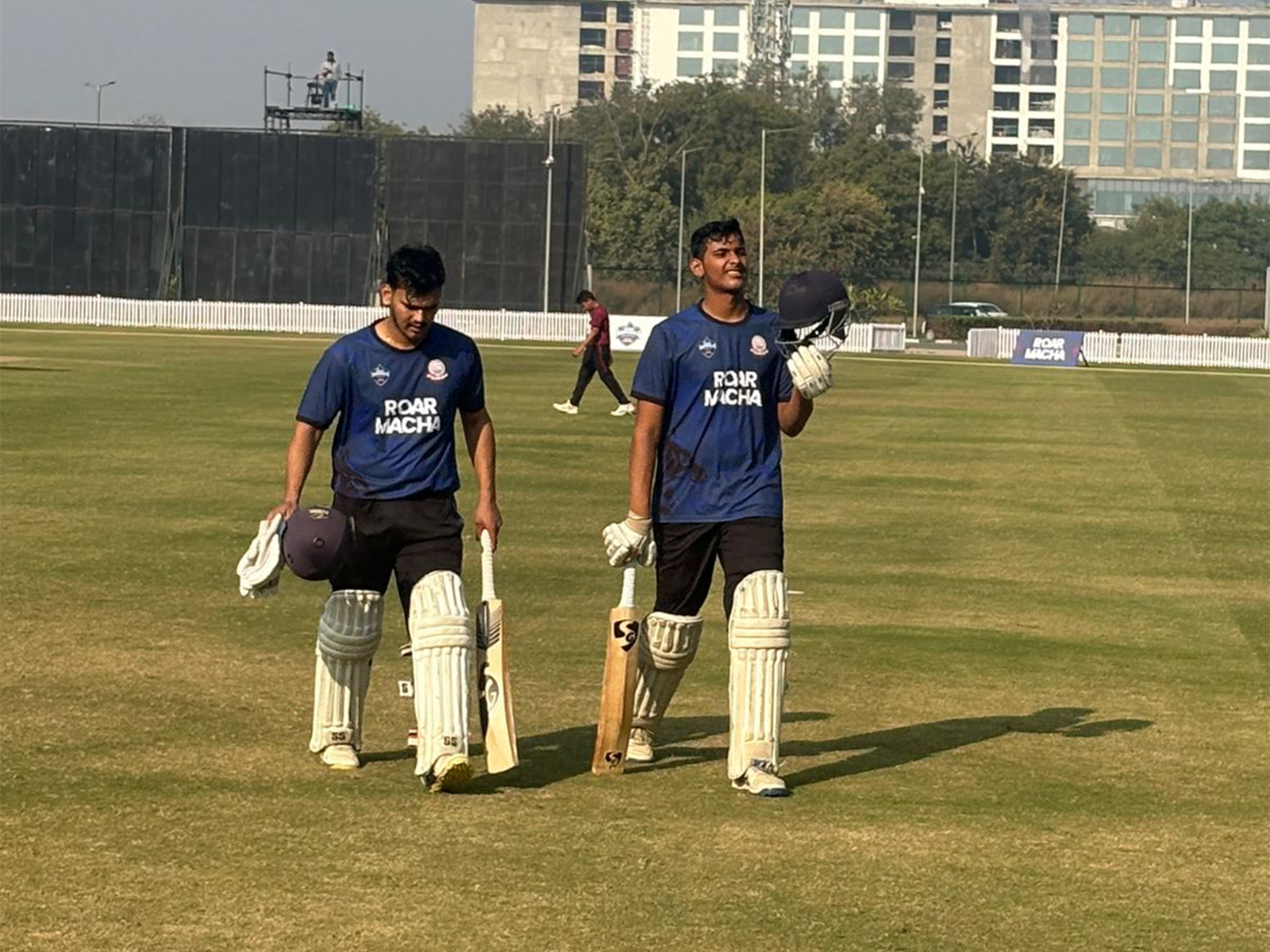Significant surge in antibiotic sales in India during COVID-19 first wave, says study
Jul 02, 2021

By Sahil Pandey
New Delhi [India], July 2 : Antibiotic sales soared during the first COVID-19 wave in India last year, according to a study that suggests that drugs, especially azithromycin, were used to treat mild and moderate cases.
"A significant increase in non-CAF antibiotic sales, and particularly azithromycin, occurred during the peak phase of the first COVID-19 epidemic wave in India, indicating the need for urgent antibiotic stewardship measures," said the study by Washington University School of Medicine in St Louis.
To assess the pandemic's impact on antibiotic use, researchers analyzed monthly sales of all antibiotics in India's private health sector from January 2018 through December 2020. The data came from an Indian branch of IQVIA, a US-based health information technology company.
Researchers determined that a total of 16.29 billion doses of antibiotics were sold in India in 2020, slightly less than the amount sold in 2018 and in 2019. However, when researchers focused on adult doses, usage increased from 72.6 per cent in 2018 and 72.5 per cent in 2019 to 76.8 per cent in 2020.
As per the study, sales of azithromycin for adults in India increased from 4 per cent in 2018 and 4.5 per cent in 2019 to 5.9 per cent in 2020. The study also showed notable increases in the sales of doxycycline and faropenem, two antibiotics commonly used to treat respiratory infections.
The researchers assessed the impact of the coronavirus disease 2019 (COVID-19) epidemic in India on the consumption of antibiotics and hydroxychloroquine (HCQ) in the private sector in 2020 compared to the expected level of use had the epidemic not occurred.
"About 75 per cent of healthcare in India is private, and this unregulated and fragmented private sector accounts for 90 per cent of antibiotic consumption, raising major concerns about the potential effects of COVID-19 on prescribing and dispensing practices," the study noted.
During this period, 6 million new COVID-19 cases were reported in India across both public and private sectors, suggesting empirical use of azithromycin in the private sector in the absence of confirmed SARS-CoV-2 infection.
"In states like Bihar, Gujarat, and West Bengal, where the number of cases is reportedly low and tests are not widely available nor accessible, azithromycin consumption has risen considerably. It should also be noted that healthcare-seeking behaviors have changed substantially during the pandemic period, with fewer people presenting to healthcare facilities for conditions other than acute respiratory infections (i.e., COVID-19 suspicion)," the study said.
The study, conducted in collaboration with McGill University in Canada, is published July 1 in PLOS Medicine. Giorgia Sulis, MD, PhD, a postdoctoral researcher at McGill, is the first author.
Azithromycin is a vital drug for treating typhoid fever, non-typhoidal Salmonella and traveller's diarrhoea.
Researchers also studied hydroxychloroquine, an anti-malarial drug touted as a potential treatment for COVID-19 earlier in the pandemic. In India, sales of the drug decreased after the government issued an emergency order imposing stronger restrictions on the sale of hydroxychloroquine.
"Study limitations include the lack of coverage of the public healthcare sector, the inability to distinguish antibiotic and HCQ sales in inpatient versus outpatient care, and the suboptimal number of pre- and post-epidemic data points, which could have prevented an accurate adjustment for seasonal trends despite the robustness of our statistical approaches," as per the study.

















